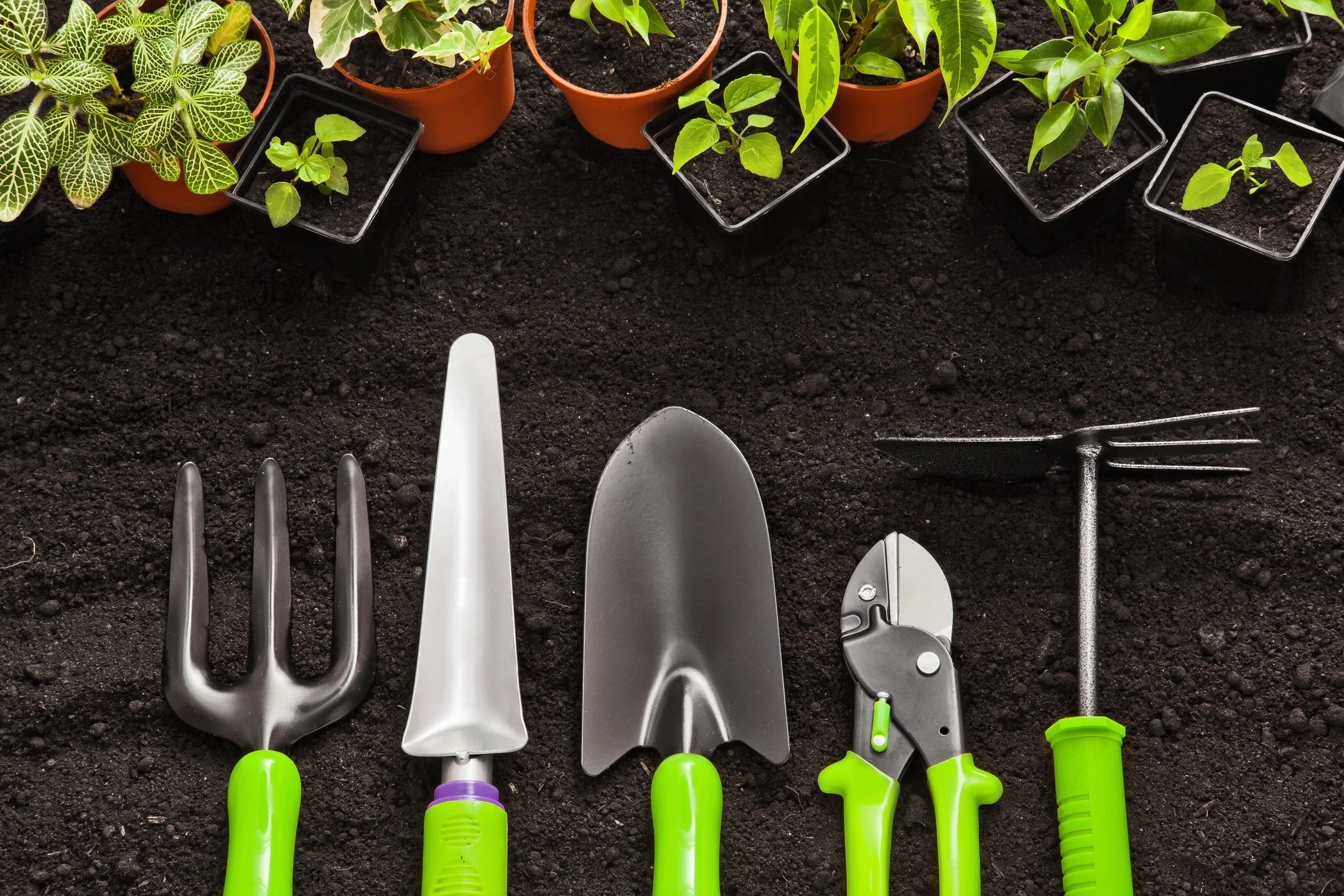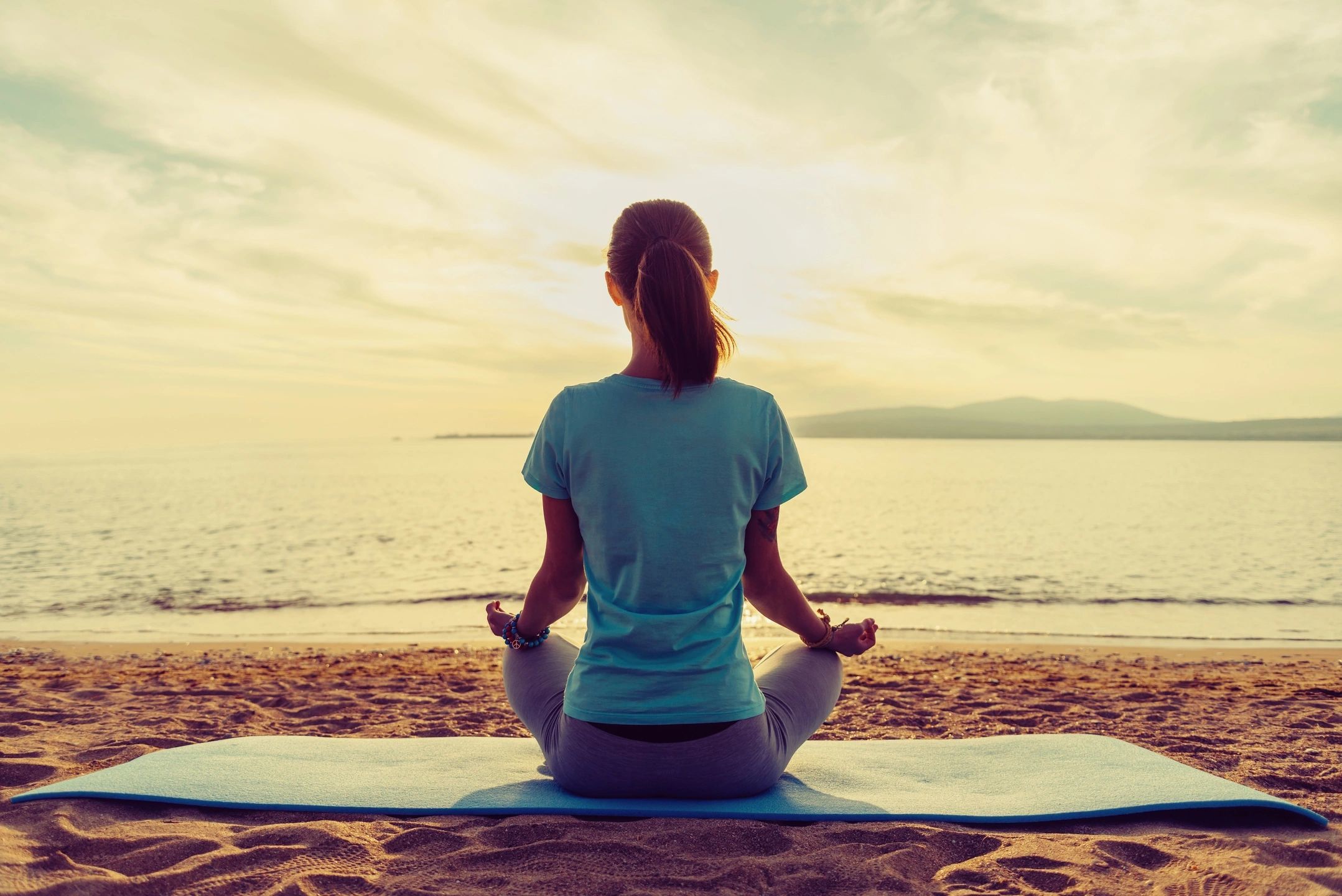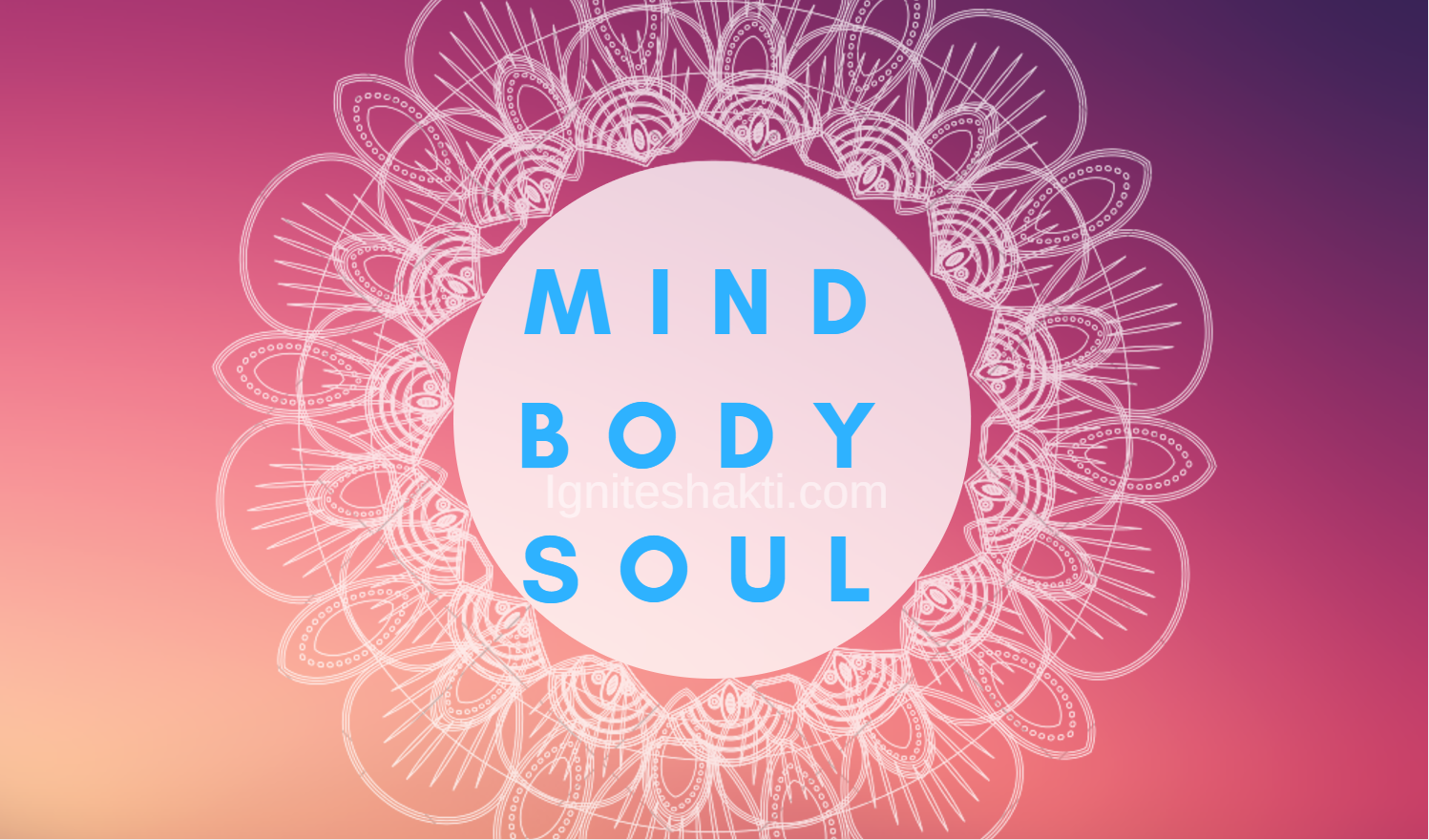
10 Reasons to grow your own organic vegetable garden
During the last decades, there has been a change towards mechanization and homogenization of farming, which uses pesticides, additives, herbicides, synthetic fertilizers and mass-production techniques. All this is clearly affecting mankind’s health, and new diseases are spreading rapidly amongst humans and animals (bird’s flu being the most recent one).
If you have space for a few pots or even a small piece of land, it is a wise decision to grow your own organic vegetable garden. If it was not for our Home Owner’s Association, my backyard would have been a small farm today. Currently, we grow vegetables in pots or our vegetable beds. Here are some reasons why you should consider growing your own organic fruits and vegetables:
- There will be no pesticides or synthetic fertilizers used. These chemical products are applied to obtain crops all the time regardless plagues or weather conditions and affect the quality of the vegetables. Besides, pesticides are usually poisonous to humans.
- Your vegetables will not be genetically modified (GM). Antibiotics, drugs, and hormones are used on vegetables to grow more and larger ones. One of the consequences of this practice are vegetables which look all the same and are usually tasteless. Besides, we end up consuming the hormones that have been used on the vegetables, with the potential risks for our health.
- Eating your own organic vegetables will be much healthier for you. They will not contain any of the products or chemicals named above, and they will be much more natural than any ones you would find at the supermarket. Your health will not be at risk because you will then know that nothing has been added to your vegetables.
- Your own organic vegetables will be much tastier. The use of pesticides, synthetic fertilizers, hormones, and antibiotics make vegetables grow unnaturally and take the taste away from them. With organic vegetables, your cooking will be enhanced as their flavor will show fully.
- On an average, American household throws out more than $600 of produce a year. Isn’t that insane? Imagine ways you could invest this money towards your future! Most of the produce is thrown away is because the food gets stale, stinks, or has expired. We often tend to buy extra and cause wastage. When you eat fresh from your own garden, the wastage is less, the food is fresh, and it leads me to my next point.
- It is budget friendly to grow your own fruits and vegetables. Studies show that for every $1 you spend on seeds, gardening tools and time, you get back nearly $2 in fresh produce! Now I can say it is a much better return on investment, financially and for your health.
- Growing your own organic vegetables is a great hobby and a wonderful way to teach our kids about healthy eating. Several pieces of research show that when kids grow their own vegetables, they are more likely to eat it. This is a great hobby for adults as well. Gardening helps with stress and mobility and increases your physical activity. So, imagine if you use your gardening skills and grow vegetables, you are making sure your family is eating a healthy meal that is grown right in your own garden.
- Organic farming is friendly to the environment. Because you won’t use pesticides or other equally harming products on your vegetables, you will not damage the soil or the air with the chemical components. When you grow your own organic vegetables, you are contributing to your own self-sustainability and the sustainability of the planet. Small communities have been founded where members exchange products that they grow naturally, thus contributing to create a friendly and better place for us all.
- There is a sense of pride and sense of satisfaction when you grow your own vegetables and fruits. This helps us with our emotional health as well. Growing a garden gives you a new appreciation for nature and help you connect on a deeper level with nature.
- Get some Vitamin D naturally! The sun’s rays promote vitamin D production, which is vital to our health. Working in your backyard garden for about 30 minutes daily can promote better sleep and positive energy. Don’t forget to apply your sunscreen!
In the end, eating organic products only means that we do not add anything else to them than they would naturally have. As you can guess, additives, fertilizers, pesticides or hormones are not components of naturally grown food. To better care for your health, grow your own organic vegetables -and a few pots is all you need to get started.




